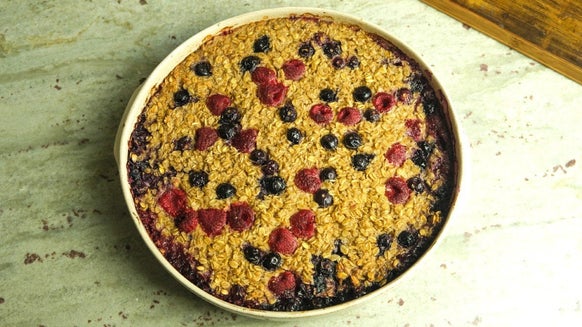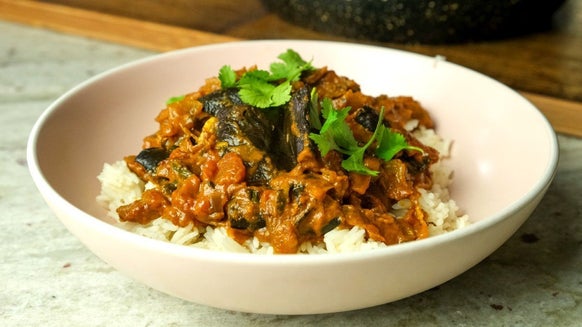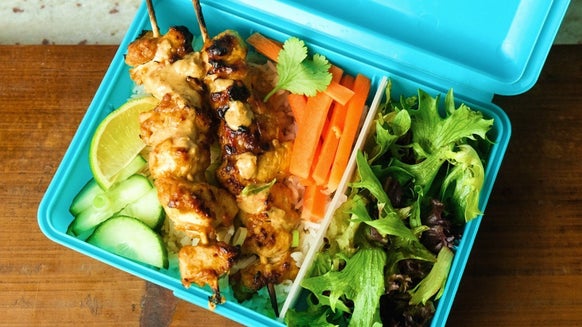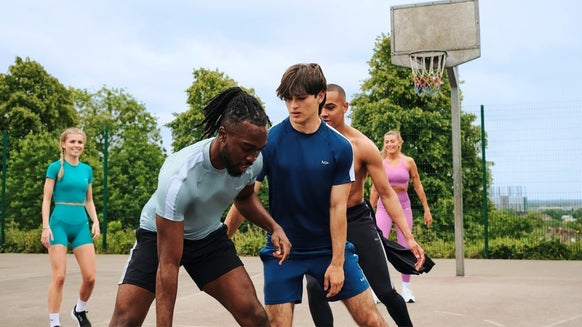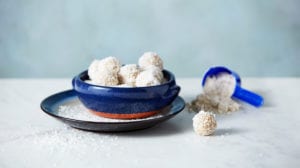
Snacks that don't send your blood sugar skyrockting can be tough to find, but they're super-important if you suffer with diabetes. Having a good source of protein is vital for muscle growth, so we investigate the best high-protein snacks for diabetics.
Bodybuilding & Exercising with Diabetes
Exercise brings obvious benefits like keeping the body fit and healthy, however, some lesser-known benefits also include helping the body to balance hormones and blood sugar. There's no reason to stop exercising if you have diabetes – if anything, it's a good reason to exercise regularly. This is especially true with type 2 sufferers, where a common link can be made between other health concerns such as obesity. This can be due to the overconsumption of sugary foods such as fizzy drinks and sweets, which can lead to insulin resistance.
However, it’s not only high sugar sweets that cause insulin resistance. Famously, Sir Steve Redgrave suffers with diabetes, which was put down to the huge amount of carbs he was consuming as a professional rower. We can take from this that caution should be taken in ensuring that exercise and nutrition is in a good balance. If you have diabetes, you can track blood sugar levels so they don’t drop too low when exercising, but also don’t spike to high if you have a post-workout recovery meal.

Why is What You Eat Important?
A healthy life is often referred to as 20% training and 80% nutrition. What you eat can be the difference between gaining or losing muscle or fat. For those with diabetes, it's important to be aware of the foods that can spike your blood sugar, so you can try to avoid them. Likewise, knowing what to eat can keep you going throughout the day without having to become reliant upon insulin injections.
If you’re looking to build muscle, the most important thing to consider is the absolute amount of calories that you consume. If you're not putting on the weight you want to, you can track your intake and gradually increase so you can control the good quality mass you gain.
Foods to Avoid with Diabetes
For diabetics, there seems to be a long, long list of foods to avoid. The best advice is to use your judgement and if you at a high risk, keep your glucose meter nearby so you can make sure you stay on top of your blood sugars.
The main things to avoid are very high-sugar, high-glycemic index foods such as white bread, pasta or rice, any type of sugar, sugary foods or high sugar drinks and large quantities of milk or yoghurts. The thing that all of these have in common is the rapid release of sugar into the blood.
Glycaemic index is scored out of 100 (the lower the better – ideally look for lower than 70, but you might be able to cope with some fruits even with diabetes).
High-Protein Snacks for Diabetics
One way to ensure that you get a good source of energy from food while avoiding fast-acting carbohydrates is to go for high-protein snacks. Also, by keeping your body digesting food with small, frequent meals throughout the day, you can help to keep a manageable level of sugar in the blood. This is also aided by the fats, which can slow the rate of energy release in foods.
Here are some of the best high-protein snacks for diabetics:
1. Nuts & Seeds

Nuts and seeds benefit from being high in protein as well as healthy fats that slow digestion. They're great as a high-protein snack between meals, however, they're not ideal for after a workout, as fats should be avoided to ensure protein is delivered to muscles rapidly.
2. Low-Sugar Protein Bars

High-protein bars like Carb Crusher contain super-low levels of sugar, so they make a great sweet snack that skips the sugar spike, making them one of the best high-protein snacks for diabetics. They're also low in fat, so ideal for after a workout for a fast delivery of protein to muscles.
3. Vegetables & Hummus

Vegetables and hummus make a great low-sugar snack with a good balance of protein and fat for slow digestion.
4. Low-Sugar Protein Balls

The best thing about protein balls is that you can control the amount of sugar that goes inside, as well as protein and fat. Here's our favourite protein ball recipe.
5. Low-Sugar Protein Flapjacks

Making your own protein flapjacks means you know how much sugar is inside your snack. Here's our favourite healthy flapjack recipe.
The Best Protein Shake for Diabetics
Most protein powders contain very little sugar, as this part is almost completely removed when it's made. Whey protein is a great, fast-acting protein that is delivered to muscles quickly after a workout. If you're looking for plant-based, soy, hemp, pea, brown rice, and Vegan Blend protein powders are ideal.
When looking to build up muscle, you need to think about the amount of calories you consume during the day. If you need some extra calories from a shake, you might want to think about an oat-based shake, where the release of sugars is slower than refined carbohydrates.

Snacks Before Bed
If you’re looking to build muscle, having a snack before bed can give you a big boost in your overall calorie consumption, while fuelling your muscles overnight.
For something to snack on before you hit the hay, aim for high-protein, low-sugar and low-carbohydrate snacks. This could include some walnuts and a Greek yoghurt, or a micellar casein shake, which releases protein slowly to keep muscles fuelled overnight while keeping your blood sugar stable.
Take Home Message
In general, there’s no reason why diabetes should stop you from increasing muscle size. Keep training and keep an eye on what you eat – focussing on getting your energy from protein, healthy fats and low-glycaemic index carbohydrates.

Simon started his fitness journey from a young age, and was playing sport as soon as he could roll a ball. This pushed him to compete in a variety of sports from rugby to squash.
After completing an MSc in Strength & Conditioning, alongside a PT qualification, he gained an academic role at the University of Chester. From lecturing to research-based studies, his applied role caters to both team and individual sports.



